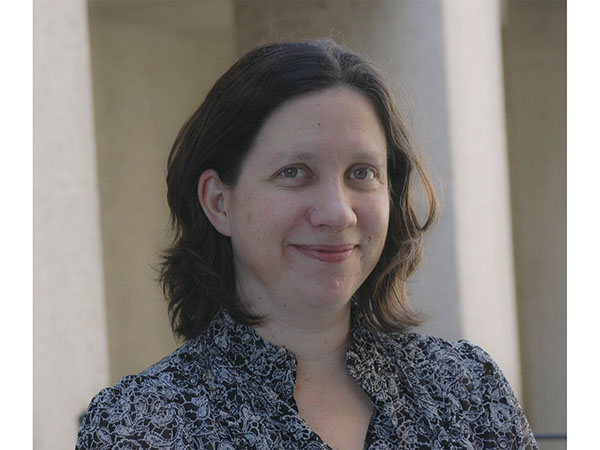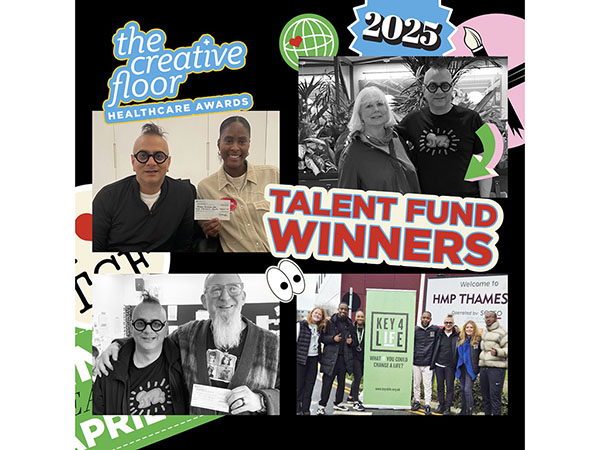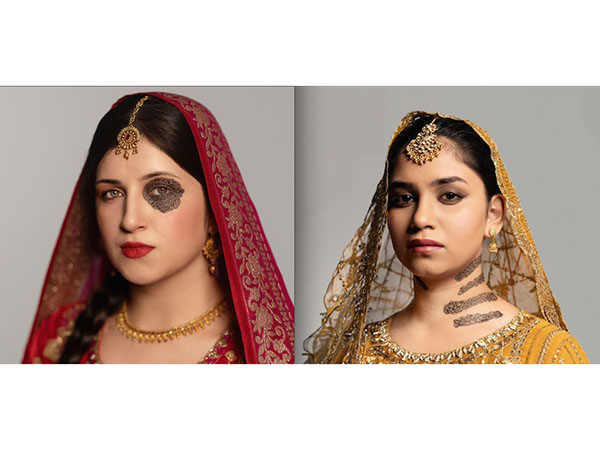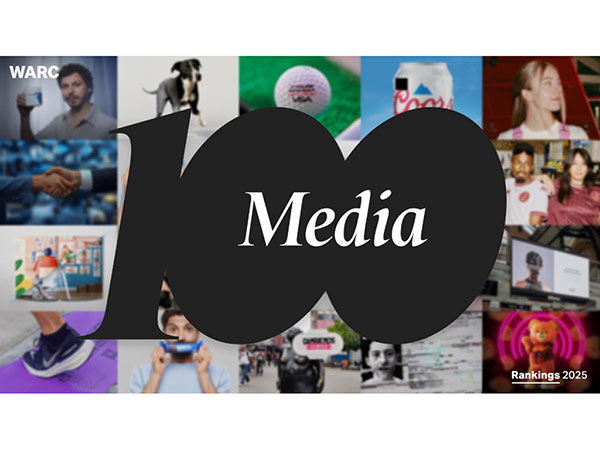News - Advertising
Lucy Atkinson: 'Millennials do talk the talk, but walk the walk with less conviction'
by Gijs de Swarte
December 23, 2021

Professor Lucy Atkinson teaches Sustainability Communication at the University of Texas, the highest ranked institute with a specific advertising program in the USA. With her extensive research into green marketing, she has developed a worldwide reputation as one of the leading specialists in the field and she discusses this new hype in marketing, which carries so many different trendy names.
Green, greener, greenest seems to be the marketing communication credo these days. Not to mention 'inclusive', 'transparent' and in general, 'social'. What's behind all that?
'The younger consumer is behind it. Thanks in part to social media a generation has grown up with melting glaciers and drowning polar bears and now they're voting with their wallets. That's what we've seen happening over the last ten years.'
To what extent is that group different from previous generations who were similarly involved?
'The advertiser-consumer relationship is different in several aspects now. The previous period in which this played a significant role was in the 1980s. For example, you might see a company that advertised biodegradable garbage bags that were actually only degradable when exposed to sunlight. These would not do any good in landfill. This sort of thing produced skeptical and jaded consumers, which is why the movement ran aground at the time. You don't see that kind of half-lie that much anymore.'
And in what way has the consumer changed?
'Social responsibility is more top of mind than ever before. For example, young people also find it very important that their employer shares their values. And, it is much more proactive now. Brands with the right values are sought out, recommended and rewarded with followers.'
You'd get the impression that there is a real revolution going on.
'Well... we look at the development in every possible way and you also see that Millennials and the Gen Z group, do talk the talk but walk the walk with less conviction. There is a discrepancy between what comes out of a survey, what people say they are for and against, and the decisions they make standing at the shelf. It turns out, that somewhat more expensive brand with the ethical supply chain will not always be chosen.'
How should advertisers and agencies deal with this?
'Be consistent in your behavior and your story. That's key. And go a step further. For example, the egg market; you have organic, free range, cage free, vegetarian fed, natural even, you name it. Define those concepts and then communicate them repeatedly. Research shows that consumers very much like to have more information. And yes, it's advertising, it has to be short and powerful - so use visuals. Nothing new about that, but it's extremely effective.'
What about consequences for brands that do not go along with this movement?
'A lot of extra attention is paid especially to advertisers who are not consistent. Of course there are companies that consist of multiple industries, some of them green and others not, which is perceived as very hypocritical and has negative implications.'
“Brands with the right values are sought out, recommended and rewarded with followers.”
Is this development more likely to have success than the one in the 80's?
'My guess is yes. It is important for the younger generations so it will last for a while. It also delivers profit and it bolsters your brand equity. Those are strong arguments.'
What would you say to an agency that wants to take the movement further but has to work with clients who are not that far yet?
'People are messy and no one is perfect. If you set the bar to high, clients and consumers will lose interest. Change incrementally. Small steps are very valuable too, as long as you don't lose sight of your goals.'
What would you like to add to this?
'Following the news about climate change can be depressing and paralyzing. But I always leave meetings with students energized and optimistic. They are passionate, motivated and smart across the board. I believe they will make a difference.'












